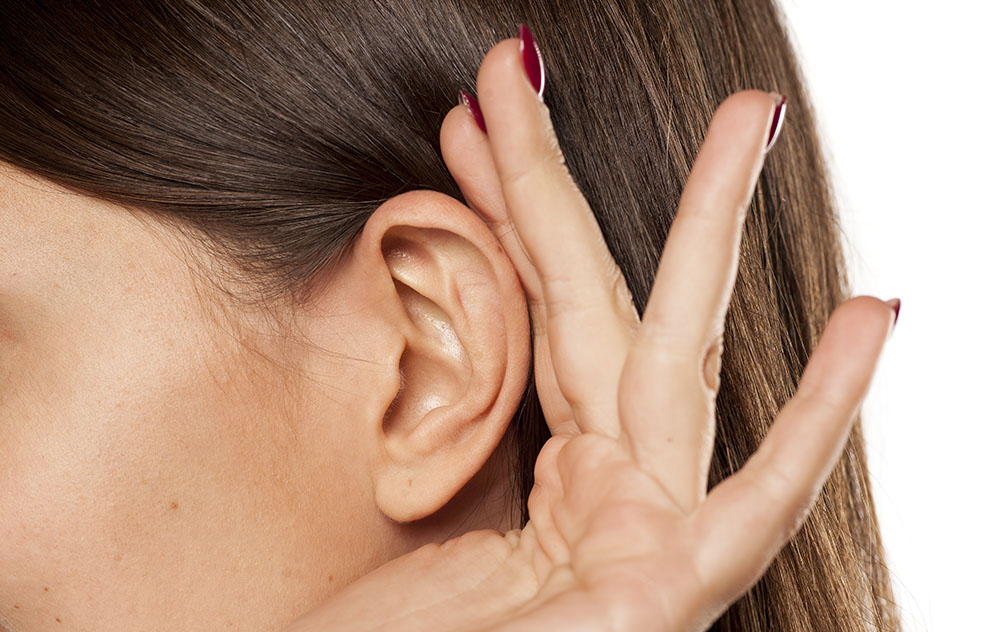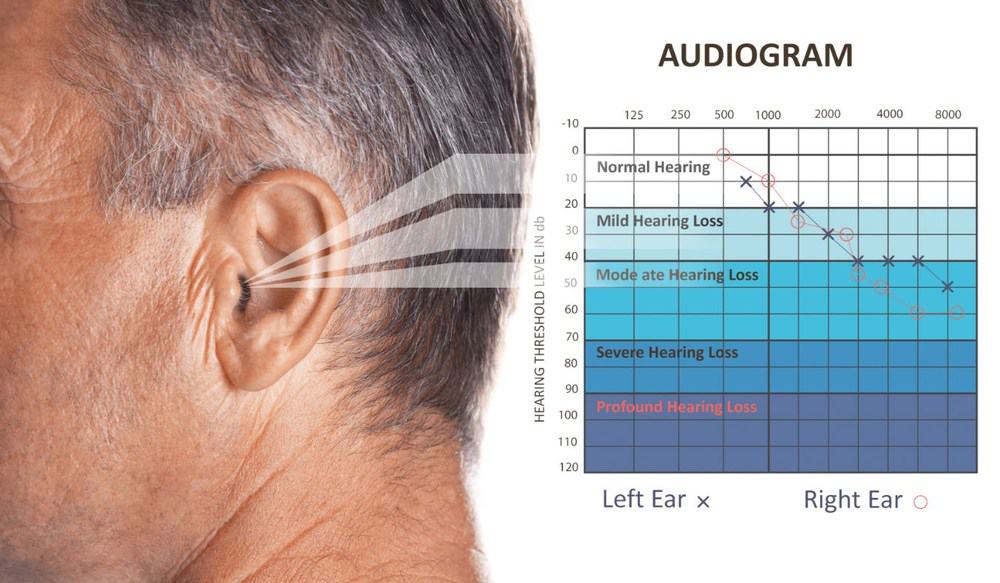How Smart Home Devices Can Assist Those with Hearing Loss
Living with hearing loss can make it harder to pick up on everyday sounds,

Our sense of hearing goes beyond just the ability to hear sounds. It adds up to the complex makeup that enables us to walk upright and maintain balance. Many things depend on our ability to hear; hearing loss robs us of some of these primary motor functions and puts us in harm’s way.
Studies have proven a direct link between hearing loss and the increased risk of falls and accidents. This risk is even much higher for senior citizens, raising concerns over untreated hearing loss. Therefore, it is imperative that early treatment is sought to prevent the incidence of falls and accidents.
Studies and top researchers from institutions such as the University of California and John Hopkins have revealed the link between hearing loss and the increased possibility of falls and accidents, providing insight into how they affect life quality.
According to Hossein Mahboubi from the Department of Otolaryngology at the University of California, who studied data from the National Health Interview Survey from 2007 to 2015, having hearing loss puts you at twice the risk of having an accidental injury than your peers. For those who do not have any issues with their hearing, the rate of accidental loss is just two percent compared to four percent for those who have hearing loss. It is therefore a matter of urgency to treat hearing loss.
When you do not have your hearing’s full function, your awareness is diminished and you are prone to accidents and falls. There are several latent sounds that we do not actively pay attention to but pick with our ears. Such sounds are picked up subconsciously and play a vital role in knowing what is going on in our immediate surroundings. The loss of hearing reduces our spatial awareness and may cause you to encounter mishaps that would not have happened if you were fully aware of your environment.
The importance of hearing and balance cannot be overstated. Your hearing has a major impact on balance, and therefore when hearing is impaired, balance is also affected. The semicircular canals in our ears regulate our sideways and tilting movements. The fluid and hair cells in the ear canals transfer information to the brain through the acoustic nerve. So, any disruption to this will definitely translate into poor balance and then increase your likelihood of falling or getting injured.
There are several precautions you can put in place to reduce the risk of falls and accidents. The most important is to make sure you are constantly aware of your surroundings and be on the lookout for any potential hazards.
The next thing to do is to stick to your routine and not sit in one place sulking. Relegating yourself to one place and not moving around will make you lose touch with your surroundings, posing a risk when you next step out. It also helps you to figure out how your hearing loss affects you in the real world. It is even better to see an audiologist so that you can confidently describe your hearing loss in detail for them to assist you in choosing your hearing aids.
Another thing you can also do at home to reduce the risk of falls and accidents is to make sure that your stairways are safe. For example, consider giving your stairway an entirely different color from your wall and solid rails.
The first step to treating hearing loss is to see an audiologist and getting the right hearing aid. There are three main types of hearing aids: the receiver in canal (RIC), Behind the ear (BTE), and in the ear (ITE). Your choice of hearing aid will depend on the kind of hearing loss you have, the structure of your ear as well as your taste for design and technology. Each type of hearing aid works best in a particular setting. Talk with your audiologist and work out which type will be best suited for you.
Falls and accidents are inevitable but do not put yourself at more risk because of your hearing loss. It is recommended that people over 50 years should make it a point to see an audiologist at least once a year for a hearing test. It is best to start making preparations to get a hearing aid to reduce your risk as soon as you notice your hearing issues.
Our team at Sommerville Audiology & Hearing Aid Center is just a phone call away to help you with your concerns. To schedule a consultation, contact us today at 586-298-3788.

Living with hearing loss can make it harder to pick up on everyday sounds,

Ever catch yourself asking friends to repeat themselves more often, or

Hearing loss is a complex issue with many contributing factors. Among